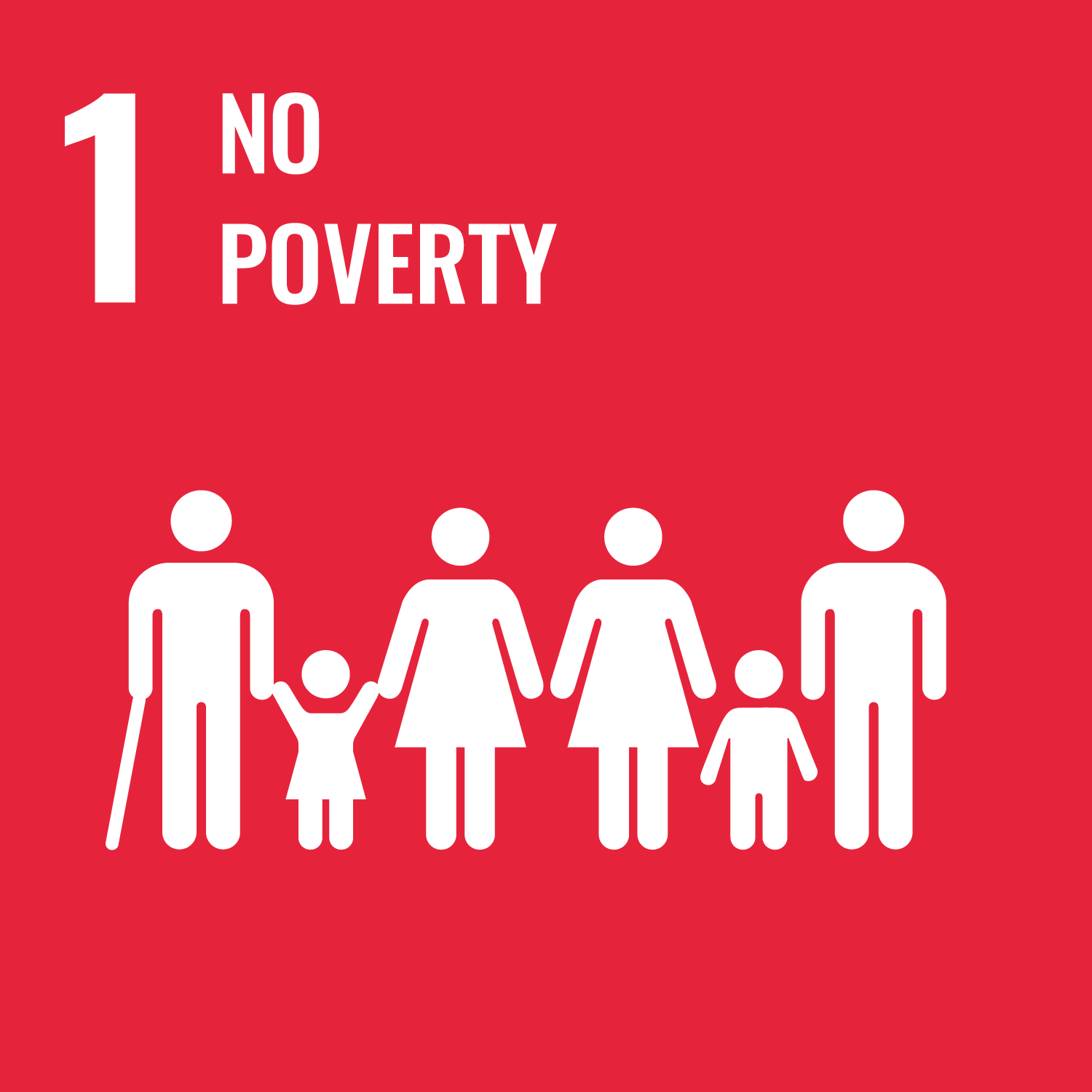Creating conditions for low-income families with children to overcome a difficult life situation - Russia
Aligned SDGs

- Creating conditions for low-income families with children to overcome a difficult life situation - Russia
- General overview
- Location
- Involved organisations
- Outcome metrics
- Spreadsheet of data
- Creating conditions for low-income families with children to overcome a difficult life situation - Russia
- General overview
- Location
- Involved organisations
- Outcome metrics
- Spreadsheet of data
General overview
Stage of development: Implementation
Policy sector: Poverty reduction
Date outcomes contract signed: Dec 2020
Start date of service provision: Feb 2021
Anticipated completion date: Jan 2022
Actual completion date: Jan 2022
Capital raised (minimum): Russian Ruble 9.56m (USD 126.46k)
Max potential outcome payment: Russian Ruble 9.56m
The price of the project was the result of negotiations of all parties and pricing was based on the approximate costs of provision of services. The success of the project will be recognized provided that at least 90% of the target level is achieved for each of the indicators. Payment upon reaching part of the effect is not provided.
Service users: 2k+ families
Intervention
Russian Post, the national postal operator of Russia, has a large chain of post offices, which are located even in the smallest settlements and are trusted by local residents. Using the resource, Russian postmen perform the following activities:
- informs low-income families with children, living in the pilot territories, about the possibilities of a social contract;
- provides targeted consultation for families before and after the conclusion of social contract;
- conduct a survey of families with children in the pilot territories on the socio-economic situation, which will additionally identify families for registration with the social protection authorities of the region, with the opportunity to join a social contract.
Target population
Low-income families with children, living in remote areas of Primorskiy Krai (5 municipalities)
Location
Country
- Russian Federation
Service delivery locations
- Kavalerovsky, municipal district of Primorskiy krai
- Terneisky, municipal district of Primorskiy krai
- Chuguevsky, municipal district of Primorskiy krai
- Yakovlevsky, municipal district of Primorskiy krai
- The city of Dalnegorsk, Primorskiy krai
Involved organisations
Commissioners/outcome payers
Service Providers
Investors
Intermediary organisations
Outcome metrics
- The number of low-income families with children who meet the criteria for receiving state social assistance on the basis of a social contract, identified within the framework of the project and informed about the possibilities of this type of social assistance.
- The number of low-income families with children who have signed a social contract.
Spreadsheet of data
Important Notice and Disclaimer on INDIGO Data
INDIGO data are shared for research and policy analysis purposes. INDIGO data can be used to support a range of insights, for example, to understand the social outcomes that projects aim to improve, the network of organisations across projects, trends, scales, timelines and summary information. The collaborative system by which we collect, process, and share data is designed to advance data-sharing norms, harmonise data definitions and improve data use. These data are NOT shared for auditing, investment, or legal purposes. Please independently verify any data that you might use in decision making. We provide no guarantees or assurances as to the quality of these data. Data may be inaccurate, incomplete, inconsistent, and/or not current for various reasons: INDIGO is a collaborative and iterative initiative that mostly relies on projects all over the world volunteering to share their data. We have a system for processing information and try to attribute data to named sources, but we do not audit, cross-check, or verify all information provided to us. It takes time and resources to share data, which may not have been included in a project’s budget. Many of the projects are ongoing and timely updates may not be available. Different people may have different interpretations of data items and definitions. Even when data are high quality, interpretation or generalisation to different contexts may not be possible and/or requires additional information and/or expertise. Help us improve our data quality: email us at indigo@bsg.ox.ac.uk if you have data on new projects, changes or performance updates on current projects, clarifications or corrections on our data, and/or confidentiality or sensitivity notices. Please also give input via the INDIGO Data Definitions Improvement Tool and INDIGO Feedback Questionnaire.